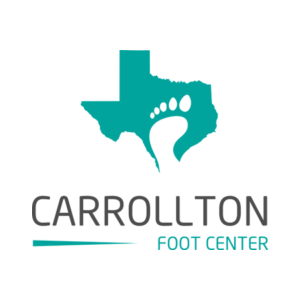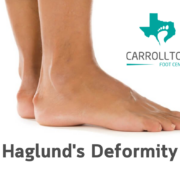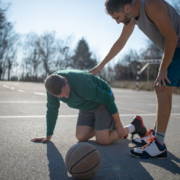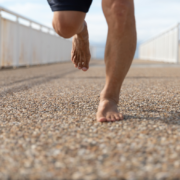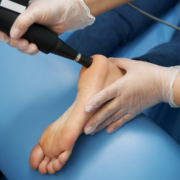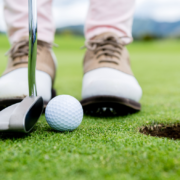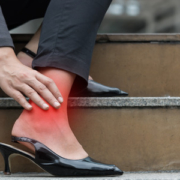Cycling and Your Foot and Ankle Health
Did you know that May is National Cycling Month? Before you get out there on your bike, we at Carrollton Foot Center want to inform you of the upsides and downsides of cycling. In this article, we’ll stroll through the surprising relationship between your feet and this low-impact exercise, including the potential injuries you can sustain that most beginner cyclists don’t know about.
How Cycling Can Benefit Your Feet
One of the primary benefits of cycling for the lower extremities is improved circulation. The rhythmic pedaling action helps to pump blood through the muscles of your legs and feet. This can be advantageous for diabetics, people with ankle swelling, or those who spend long hours standing.
Since the circular motion of pedaling encourages a fluid movement in the ankle, cycling can also contribute to an increased range of motion in the ankle joint. While not as extensive as the range of motion during walking or running, this movement can be beneficial for overall joint health.
Many people think cycling is just for the thighs and glutes, however, cycling can indirectly strengthen the muscles surrounding the ankles and feet as they work to stabilize your position on the pedals.
Negative Impacts of Cycling on Your Feet
Despite its low-impact nature, cycling can negatively affect the feet and ankles if proper precautions aren’t taken. The repetitive motion of pedaling (while generally smooth) can lead to overuse injuries if training intensity or duration is increased too quickly.
Do you have neurological issues? While cycling can improve circulation, beware of certain pressure points from the pedals and tight-fitting cycling shoes. Both can compress nerves and blood vessels in the feet, which may not be a good match for these sensitive areas.
For everyone involved, improperly fitted cleats or an incorrect bike setup can also force the feet and ankles into unnatural positions and cause strain.
Common Foot and Ankle Injuries in Cycling
If you’re a cyclist, you should also look out for these common conditions:
- Metatarsalgia: Pain and inflammation in the ball of the foot due to pressure on the metatarsals.
- Achilles tendonitis: Inflammation of the Achilles tendon, often linked to improper saddle height or cleat position.
- Plantar fasciitis: Heel pain that can be aggravated by excessive pedaling or improper foot support within the shoe.
- Sesamoiditis: Inflammation of the small bones under the big toe joint, potentially caused by increased pressure during the pedal stroke.
Cycling and Your Feet
So, what’s the verdict? It depends on your lifestyle and preexisting foot and ankle health status. However, for non-sensitive people who take the proper steps to cycle safely, this is still a relatively low-impact exercise compared to running.
Consult with Board-certified podiatrist Dr. Naghmeh Lilly Khavari, a knowledgeable professional who is dedicated to her patients in Denton, Dallas, and Collins Counties. Dr. Khavari treats a wide range of conditions, from ingrown toenails to foot and ankle injuries. Call Carrollton Foot Center’s office (located in Carrollton, Texas) at (469)-998-3668 to schedule your first appointment today!
